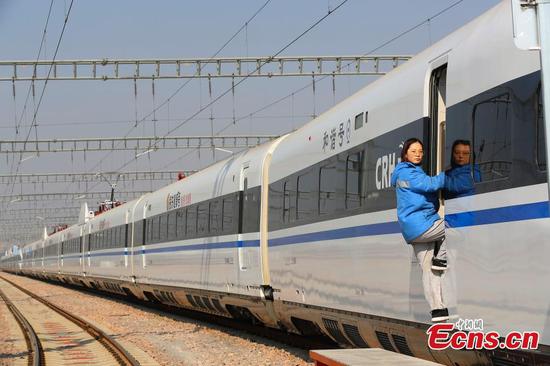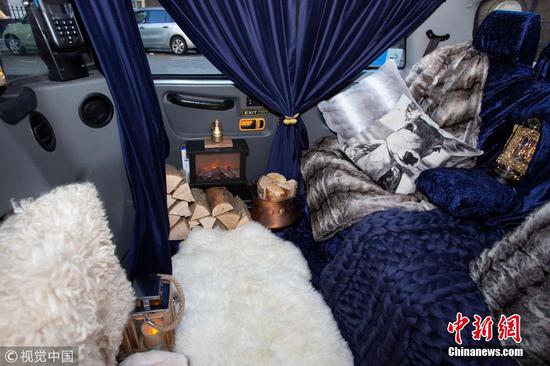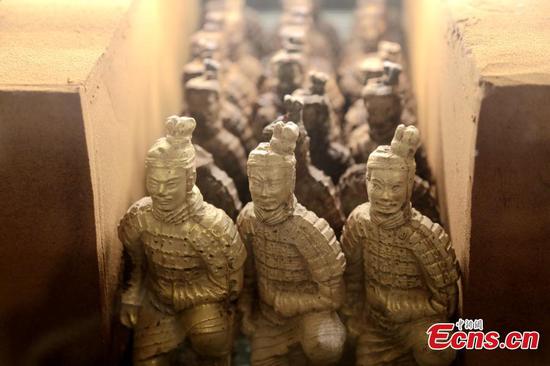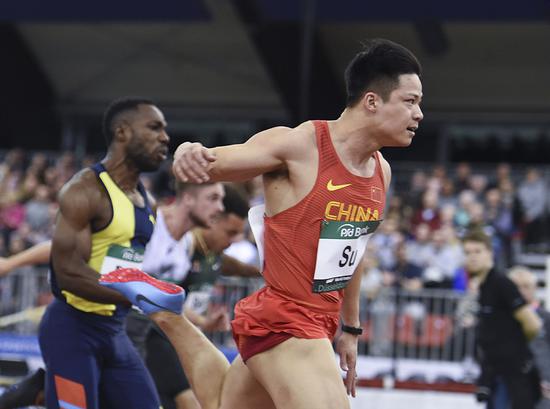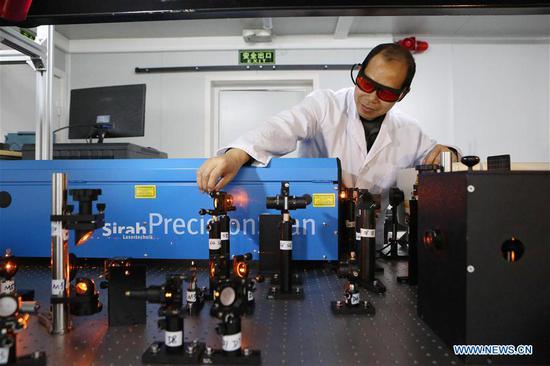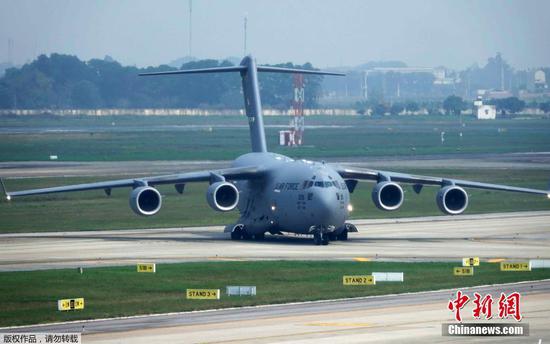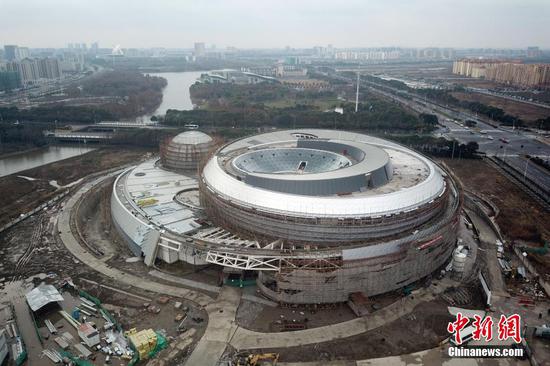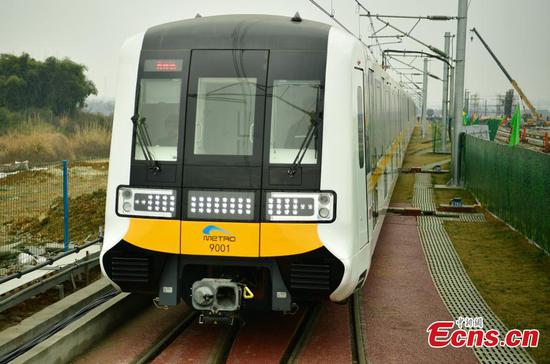China will deepen international cooperation and put new emphasis on addressing technical shortcomings when fueling the development of the industrial internet, a frontier essential to the country's high-end manufacturing powerhouse, the top industry regulator said on Thursday.
Miao Wei, minister of industry and information technology, said countries around the world are all trying to establish a beachhead in the industrial internet, a crucial approach to boost the marriage between cutting-edge digital technologies and the manufacturing sector.
"We are facing a string of challenges, including technical bottlenecks, in the process, and no companies or countries can solve the problems alone," Miao said.
"We will build a multilayered mechanism to boost exchanges among countries and enterprises. More efforts will also be made to use industrial alliances to broaden international communication."
Miao's remarks came after the annual Central Economic Work Conference in December emphasized the unwavering efforts to build the country into a manufacturer of quality. It put high-quality manufacturing development high on the work agenda.
The industrial internet refers to the convergence of industrial systems with the power of advanced computing, analytics, sensing and new levels of connectivity on assembly lines.
It is designed to allow companies to customize products, such as clothing and TVs, at improved speed and scale, while boosting productivity and reducing costs.
More than 50 industrial internet platforms with regional or sector-wide influence have emerged in China, with a large quantity of units of industrial equipment connected to the internet, according to the Ministry of Industry and Information Technology.
Such progress has been achieved since the State Council unveiled a guideline in November 2017 that aims to build three to five industrial internet platforms that will reach international standards by 2025, and lead the world by 2035.
The Beijing-based Alliance of Industrial Internet said it now has more than 1,000 enterprises as members and it also has established deep partnerships with industrial organizations from the United States, Japan and European countries.
Wu Hequan, an academician with the Chinese Academy of Engineering, said the industrial internet is now being used in sectors including petroleum, home appliances, apparel, machinery, energy as well as service-oriented manufacturing and personalized production.
"After serving as a world pioneer in consumer-oriented internet platforms and applications, Chinese companies need to shift their energy to the industrial internet, a key element in bringing new vitality to the country's sprawling manufacturing sector," Wu said. It is also important to rapidly deploy 5G, fifth generation wireless technology, to offer reliable real-time communication among industrial equipment at plants, he said.
Chen Lucheng, vice-president of the home appliances business at Haier Group, said the company's industrial internet platform helps it get closer to users and suppliers.
"Each of our products is now connected to Haier's system and its information will be uploaded to the cloud. Haier will thus collect the information and discover the similarities and differences in their use to meet individual demand," Chen said.










